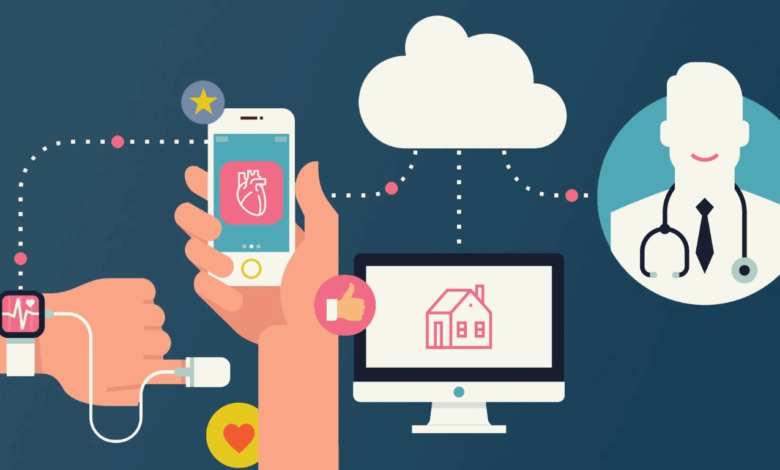The Impact of Smart Wearables on Healthcare

The integration of smart wearables in healthcare represents a transformative shift in patient management and engagement. These devices facilitate continuous monitoring and provide real-time data that can enhance clinical decision-making and personalized care strategies. However, the adoption of such technology is not without its challenges, including concerns around data accuracy, user compliance, and privacy implications. As healthcare systems increasingly rely on these innovations, it raises critical questions about their long-term impact on patient outcomes and the overall healthcare landscape. What remains to be explored is how effectively these devices can be integrated into existing frameworks.
Overview of Smart Wearables
Smart wearables have increasingly become integral tools in healthcare, offering continuous monitoring and data collection that enhance patient care and promote proactive health management.
Recent market trends indicate a surge in the adoption of these devices, driven by technological advancements in sensors and connectivity.
As consumers seek greater autonomy over their health, smart wearables are poised to reshape healthcare delivery and patient engagement significantly.
Benefits for Patient Care
Wearable technology in healthcare offers numerous benefits for patient care, including enhanced monitoring of vital signs, which facilitates timely interventions and improves overall health outcomes.
Remote monitoring allows healthcare providers to track patients’ conditions in real-time, while personalized feedback empowers individuals to make informed decisions about their health.
Ultimately, this technology fosters greater patient engagement and autonomy in managing their well-being.
Role in Chronic Disease Management
The integration of wearable technology in healthcare significantly enhances the management of chronic diseases by providing continuous monitoring and data collection that inform treatment plans and improve patient outcomes.
Remote monitoring enables healthcare professionals to track patients’ conditions in real-time, fostering proactive interventions.
However, ensuring data privacy remains crucial, as patients seek solutions that empower their health without compromising personal information.
Challenges and Limitations
Numerous challenges and limitations hinder the widespread adoption of wearable technology in healthcare, ranging from concerns about data accuracy to issues related to user compliance and device interoperability.
Data privacy remains a significant apprehension, often deterring users.
Additionally, achieving seamless technology integration across platforms is crucial for effective utilization, as inconsistent device accuracy can undermine trust and hinder patient engagement in managing their health.
Also read: The Future of Online Earning: Trends You Need to Know
Conclusion
In conclusion, smart wearables represent a transformative wave in healthcare, akin to a lifeboat navigating turbulent waters.
These devices not only enhance patient engagement but also facilitate proactive management of chronic diseases through continuous monitoring and real-time data collection.
However, the journey is not without challenges, including data accuracy and privacy concerns.
Addressing these limitations is crucial to fully harnessing the potential of smart wearables, ultimately steering healthcare toward a more empowered and patient-centric future.





